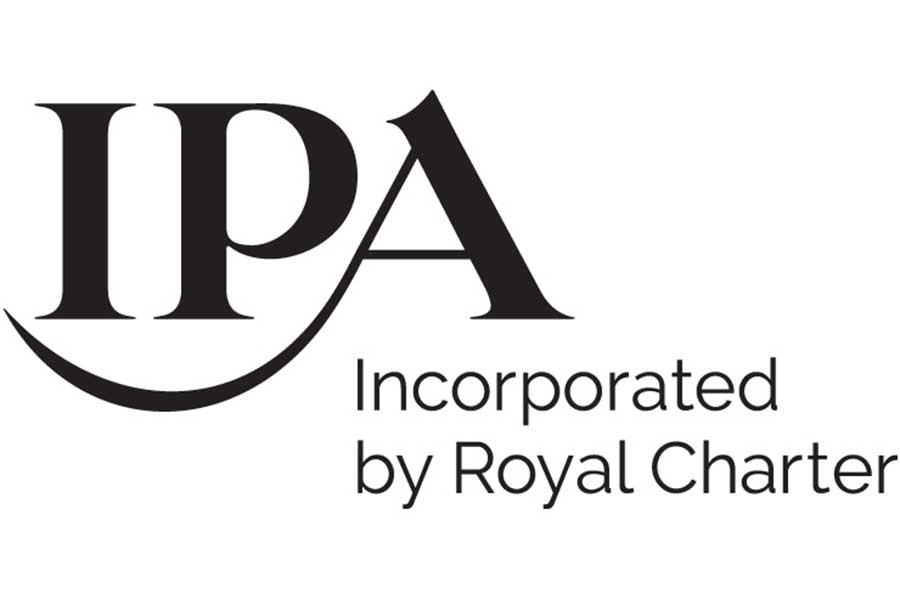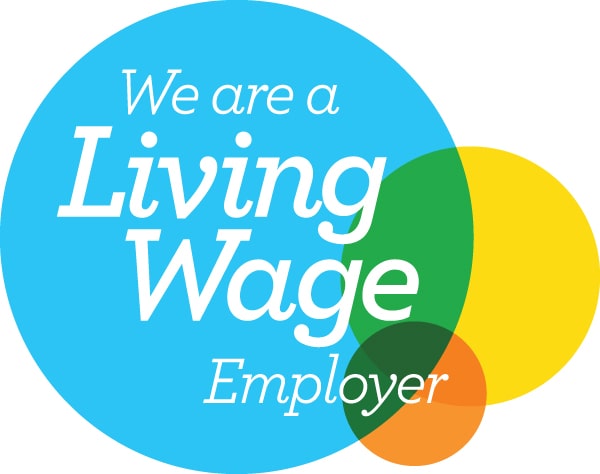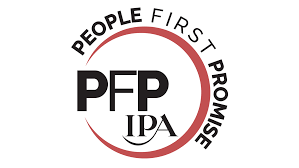The answer is not more regulation or ad bans. What we need is better enforcement of the current rules on falsehoods and misinformation in advertising, argues The Grove Media’s MD, David Price
Bans are rarely a good thing and often produce unintended consequences. So when it was revealed that Meta is considering a company-wide ban on political advertising in Europe in response to forthcoming EU regulations on online campaigning, I suspect there were one or two audible groans around the industry.
With Labour’s recent attack ads and Trump piling cash into his online re-election campaign, political ads are very much on the agenda, once again. But we don’t need another ban and nor do we — or rather the EU — need more regulation.
We need better enforcement of the rules we already have and better moderation of ads and content in general.
The rules that policymakers in Brussels are proposing would force online tech groups to divulge information about political adverts, including how much they cost, who paid for the content and how many people have viewed them.
Earlier this month, the Financial Times broke the news that Meta are considering banning political across its platforms as they are worried about how wide the EU’s definition of political ads might be and more importantly how difficult — and costly – it will actually be to comply.
Costly business
And it’s the cost that is the real issue here for Meta. According to data quoted by Insider Intelligence, political advertising in the US accounts for less than 1% of total advertising revenue. So, despite the fact that banning ads is not the way forward, you can understand Meta’s concerns.
Equally, you can understand the concerns of the EU. In recent years, social media companies have faced fierce criticism for allowing political parties and users to spread misinformation. Meta initially resisted pressure to factcheck political advertising, but then went on to temporarily suspend campaign ads on its website in the run-up to key elections, including the US presidential vote in 2020.
And, while the EU may be well-intentioned in its plans to address confusion about political advertising and to tackle misinformation, what’s being proposed has been criticised by some political parties in Europe — unsurprisingly on the Right — and by groups defending free speech.
Campaigning organisation The Index on Censorship — not a group I follow, I should point out — says that the new EU rules would see all online content advancing political views restricted, even those posted by citizens and journalists. The group warns that the EU’s sweeping definition of political advertising would include unpaid content, created by citizens or grassroots campaigners, regardless of whether someone has paid for the content to be placed. This could be misinterpretation of the plans, but it highlights the potentially damaging unintended consequences of yet more regulation.
And in the UK, while regulation of political advertising has been advocated by the likes of the Electoral Commission and the Department for Digital, Culture, Media and Sport, research from the LSE has found that there is a lack of will among political parties to address the issue. That comes as no surprise. In its findings, the LSE said that it’s very hard to properly define what constitutes political advertising, and shared the concerns voiced by the Advertising Standards Association that “the independence of the system could be damaged by rulings for or against political parties”.
The LSE also noted the desire by some of the UK regulatory and governmental bodies it interviewed to focus not just on the content of ads but also on the targeting. In the wake of the Cambridge Analytica scandal, we are all aware of the issue of data privacy. But the issue here is not targeting, it’s mis-use of data. And we certainly don’t want additional regulations focused purely on the targeting of online political ads.
We need a level playing field
So, while there are clearly problems with political advertising, the answer is not more regulation or ad bans. What we need is better enforcement of the current rules on falsehoods and misinformation in advertising, and for that matter organic content. This won’t be easy for the likes of Meta and Google, but I believe it is very much part of their duty to do it. Political advertising is an important part of our democracy and the major social media platforms need to properly accommodate and manage it.
Arguably, what would really help is consistency and a level playing field in social media when it comes to political advertising. Twitter stopped taking political advertising in 2019, but following Elon Musk’s takeover, its ban was lifted in January of this year. The platform has never been a major hub for political advertising, but is already having problems with disclosure. Investigations by Politico revealed political ads on Twitter over the past month or so that the platform has failed to report, despite opening up information to the public about the political ads it runs. Meta and Google maintain public libraries of all the political ads they run, but questions are still raised about their policing of ads. TikTok has a ban on all paid political advertising.
And while we don’t need more regulation, there is an opportunity for the industry to maintain or improve the standards in political advertising so that it is reliable and trustworthy. In the same way that we look to maintain standards of truth and representation in all other forms of advertising.
Those standards came into question with the Labour Party’s recent ads, suggesting that Rishi Sunak is not tackling child abuse. Some have argued they were in poor taste and were not the right tactics. That may be the case. But what we should be focused on is ensuring that we don’t have lies, misinformation or hateful content in political advertising. And for that, new regulation is not required, and we certainly don’t need bans to restrict political advertising.
This article appeared in The Media Leader, link below
https://the-media-leader.com/lets-stop-playing-politics-with-advertising










